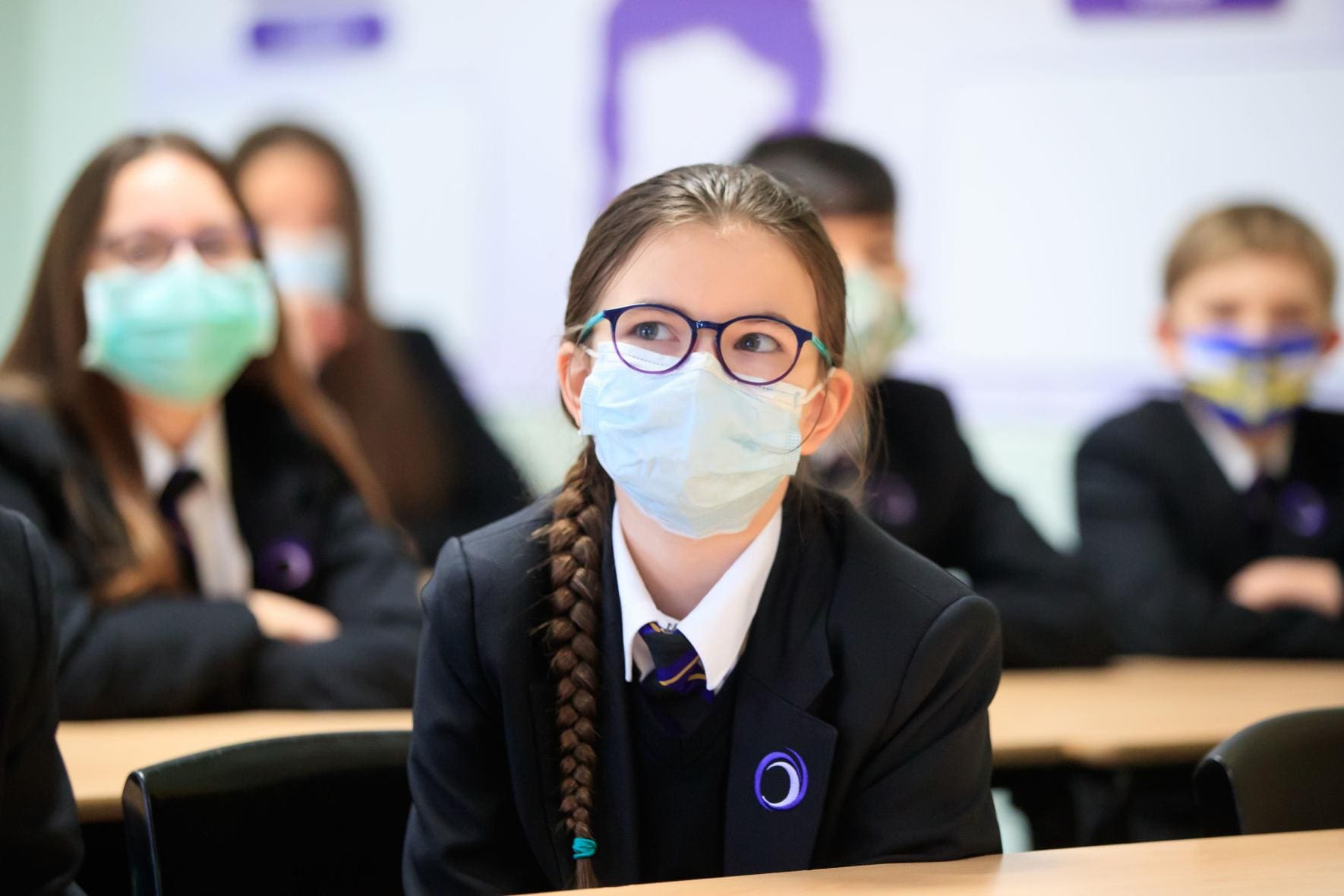

How the Lockdowns Made Britain Sicker
The Sunday Times, which has been one of the most zealous cheerleaders for both the lockdown policy and has often argued we should have locked down sooner and harder in 2020, has discovered – rather belatedly – that the lockdowns may have caused a teensy weensy bit of harm! Who would have thunk it!?! Tom Calver, the Data Projects Editor, has documented some of the damage.
Back in 2020, before the remarkable vaccine race was won, the only defence we knew would work against a terrifying new virus was a blunt tool straight out of the 17th century. We threw out the economic rulebook and locked down. Public health became about stopping Covid-19 at all costs. “One death is too many,” said Nicola Sturgeon, Scotland’s first minister. Even now, few would question the need for restrictions.
Yet more than two years on, we have time to reflect on the results of a once-in-a-lifetime social experiment — and the worrying side-effects, some predicted, some unforeseen, for Britons’ health, that are only just coming home to roost.
On the Booze
Habits of a lifetime changed during lockdown. In February 2020, the prevalence of “increasing or higher-risk drinkers”, as defined by an NHS survey, was 12.4 per cent. By June 2020, it had jumped to 18.7 per cent. Those numbers have not returned to normal: the latest survey from March 2022 showed that risky drinking levels were still at 17.7 per cent.
“The nature of everyone’s drinking changed. Instead of going to the pub, you could only drink at home with your housemates,” says Colin Angus, senior research fellow at Sheffield University. This switch made it harder for people to regulate their consumption. “When the pubs reopened, some people added back in the drinking they had been doing at pubs to their home drinking.”
The volume of alcohol sold has not shifted drastically, suggesting many other people have cut back or quit during lockdown. Nevertheless, modelling by Angus’s team suggests the lockdowns may eventually lead to an extra 7,000 alcohol-attributable deaths: some immediately through poisoning or alcohol- related injuries, and others longer-term, through liver conditions and cancers.
Their worst-case scenario, in which post-lockdown habits remain ingrained for years to come, suggests the lockdown booze burden could be as high as 25,000 deaths over the next 20 years — at a cost of £5.2 billion to the NHS.
Elsewhere, rising stress levels may have led to a surge in people taking up smoking. A study funded by Cancer Research UK last year found that the number of smokers aged 18 to 34 increased by a quarter, from 21.5 per cent before the pandemic to 26.8 per cent, suggesting an extra 652,000 young adults took to cigarettes during lockdown. Rates among older people, however, remained steady, perhaps as a result of health fears from the virus itself.
Out of Shape
The lockdown workout boom was well-documented. Making best use of the state-sanctioned single period of exercise a day became a national obsession. During one of the warmest springs on record, the Strava exercise app showed new records being set again and again as we embraced cycling, hiking and running.
Some habits have persisted: cycling rates in London, for example, have settled at 25 per cent above pre-pandemic levels.
Other habits have not. Last week a Nuffield Health survey found that nearly half of women, and a third of men, had done no vigorous exercise in the past year, with many citing lockdowns as a catalyst for giving up sports or hobbies.
The effect of lockdowns on childhood obesity has been striking. Levels had been flat in England, at about 9.9 per cent, for more than a decade. Then in 2020/21, they jumped to 14.4 per cent. As decades of policy have shown, these trends are hard to bring down again.
Mobility levels among older people are particularly striking. Polling by Age UK of 1,364 people over the age of 60 found that one in three had less energy since the start of the pandemic. One in four were unable to walk as far as before.
The piece goes on to itemise other harms, such as deteriorating mental health, then gets to the meat of the issue: the damage caused to our immune systems causing, among other things, a sharp increase in Hepatitis deaths among children.
Experts talk of an “immune deficit” after lockdown, where our immune systems, normally exposed to respiratory viruses, were effectively put into hibernation. Even mild social distancing was more than a match against the usual spread of influenza, norovirus and the common cold.
It remains to be seen whether, this winter, flu will cause havoc among a population that has had limited exposure to it for the past two years. Rates of influenza in Australia this year surged earlier, and higher, than in recent years, although hospital admissions were not as high as many feared.
At the start of 2022, experts began detecting an alarming rise in hepatitis cases among children. At least 270 cases have been confirmed, of which 15 were serious enough to need a liver transplant. For months the cause remained a mystery. Many believe Covid-19 itself is the cause, despite the outbreak arriving two years into the pandemic.
Yet research groups from Glasgow University and University College London have found evidence that points to the fact that children missed out on exposure to two key viruses when growing up: adenovirus, which normally causes colds, and adeno-associated virus 2 (AAV2), which is normally harmless. Cases of adenovirus plummeted during lockdown, but returned as restrictions were lifted.
However, it is too simplistic to say that lockdown itself has led to a net rise in hepatitis cases, says Professor Judith Breuer, who carried out the UCL study. “I think the message we’re getting is that we may have uncovered something that typically happens over a longer period of time. We’re seeing rare complications, that would normally be spread out over the course of two years, being bunched together.”
In other words, the outbreak may only seem bad because we’re getting it all at once.
Easy to criticise the Sunday Times for being so late to the party – but there’s more rejoicing in heaven… etc., etc.
Worth reading in full.







